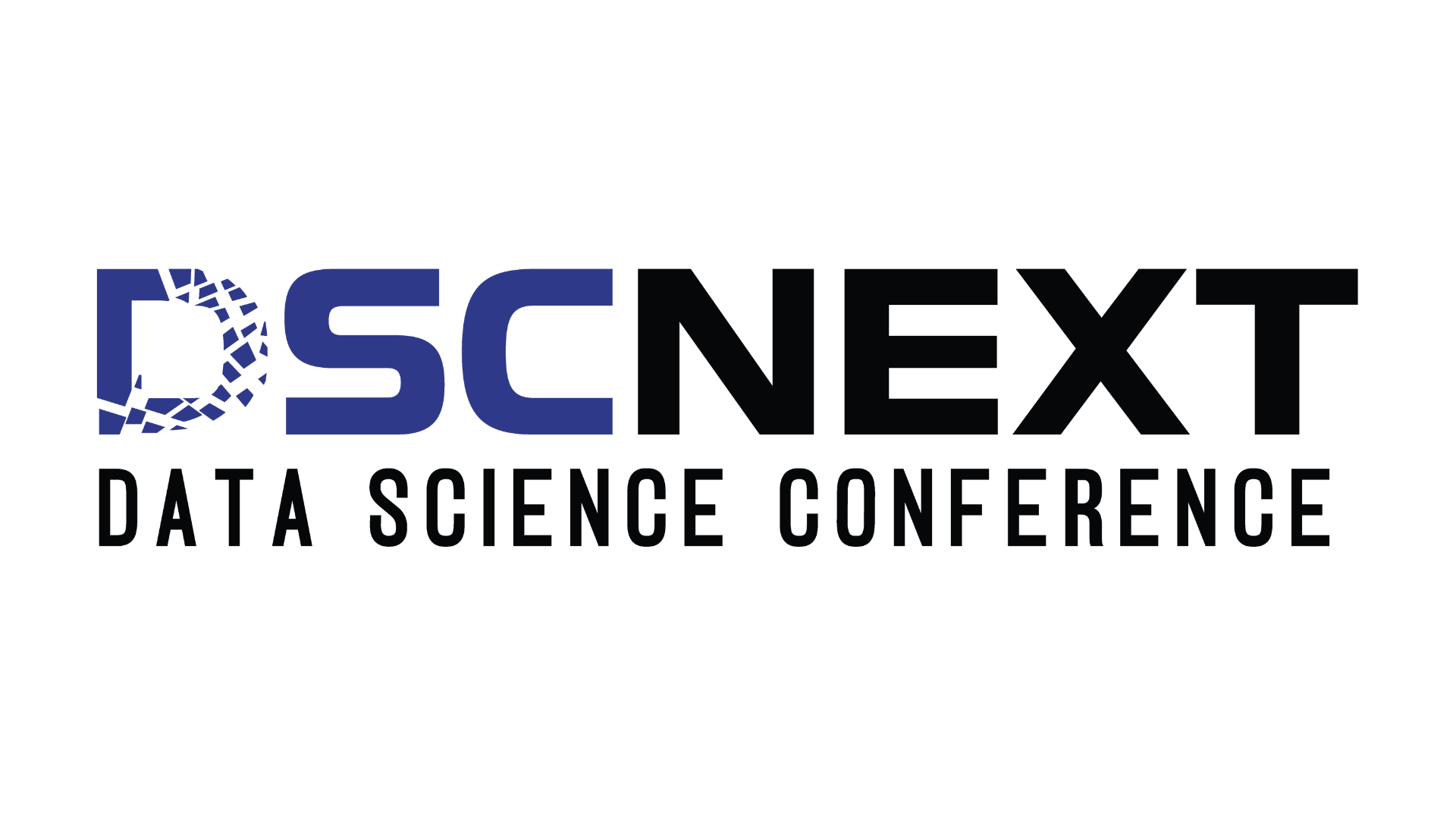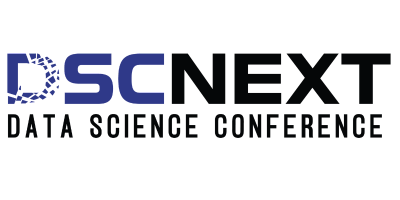
In today’s fast-paced global economy, supply chain optimization has become a necessity rather than a luxury.
As businesses face ever-increasing demands for speed, accuracy, and efficiency, data science has emerged as a powerful tool to transform the supply chain from a cost center into a strategic asset. From inventory management to logistics and demand forecasting, data science is revolutionizing how companies manage their supply chain operations.
The Power of Data in Supply Chain
The supply chain generates a vast amount of data every second—from sales transactions and shipping details to supplier performance and customer feedback. Data science helps extract actionable insights from this data, enabling smarter decision-making and enhanced performance across the value chain.
1. Demand Forecasting
One of the biggest challenges in supply chain management is accurately predicting customer demand. Using historical data, machine learning algorithms can identify patterns and trends to forecast future demand with high precision. This reduces overstocking and understocking, optimizing inventory levels and minimizing costs.
2. Inventory Optimization
Advanced analytics and predictive modeling help determine optimal stock levels based on factors like seasonal demand, market trends, and supplier lead times. Real-time monitoring also enables dynamic inventory management, reducing the need for manual intervention.
3. Supplier Selection and Risk Management
Data science evaluates supplier performance using metrics like on-time delivery, defect rates, and pricing. Predictive analytics can even anticipate risks such as delays or disruptions, allowing businesses to build more resilient supply chains.
4. Route and Logistics Optimization
Transportation costs form a major portion of supply chain expenses. With GPS data, traffic information, and fuel costs, machine learning models can identify the most efficient delivery routes, optimize fleet usage, and improve delivery timelines.
5. Real-time Decision Making
With the integration of IoT and edge computing, businesses can now monitor supply chain activities in real time. This provides immediate visibility into operations and supports instant decision-making when issues arise—such as rerouting shipments or reallocating inventory.
Case in Point: Amazon and Data-Driven Efficiency
Amazon is a stellar example of using data science to perfect supply chain operations. Its recommendation engine, warehouse robotics, and predictive delivery systems all rely heavily on machine learning. This enables Amazon to deliver products faster and more efficiently than most of its competitors.
The Role of AI and Automation
Artificial intelligence (AI) takes data science a step further by enabling automation and self-learning systems. For example, automated warehouses use AI to sort and pack items, while robotic process automation (RPA) can handle order processing and invoice generation. This not only speeds up operations but also reduces human error.
Ethical and Sustainable Supply Chains
Data science is also promoting ethical sourcing and sustainability. By analyzing supplier data and environmental impact metrics, companies can select partners who align with their values. Predictive models help reduce waste and carbon emissions by optimizing production and delivery schedules.
Conclusion: Paving the Way Forward at DSC Next 2025
The future of supply chain management lies in intelligent, data-driven systems that can adapt and evolve in real time. As companies invest more in digital transformation, the role of data science will continue to expand.
For professionals eager to explore the latest innovations, DSC Next 2025 promises to be a pivotal event. Set to bring together thought leaders, data scientists, and supply chain experts from around the world, DSC Next will showcase how data science is reshaping industries. From hands-on workshops to insightful keynotes, it’s a must-attend for anyone looking to stay ahead in the age of smart supply chains.
References:
World Economic Forum:AI will protect global supply chains from the next major shock


